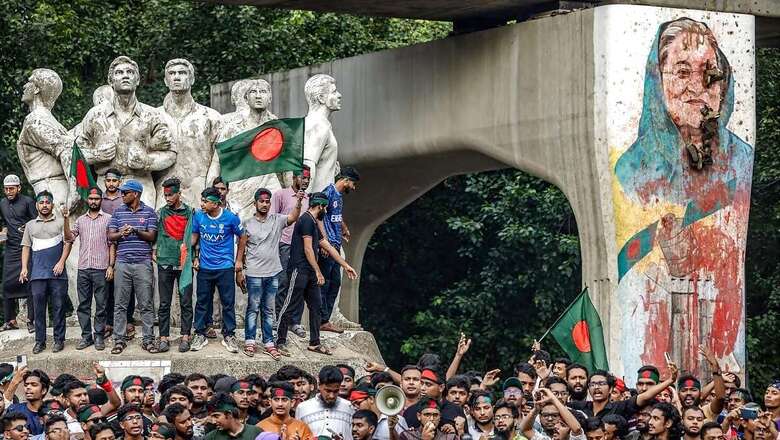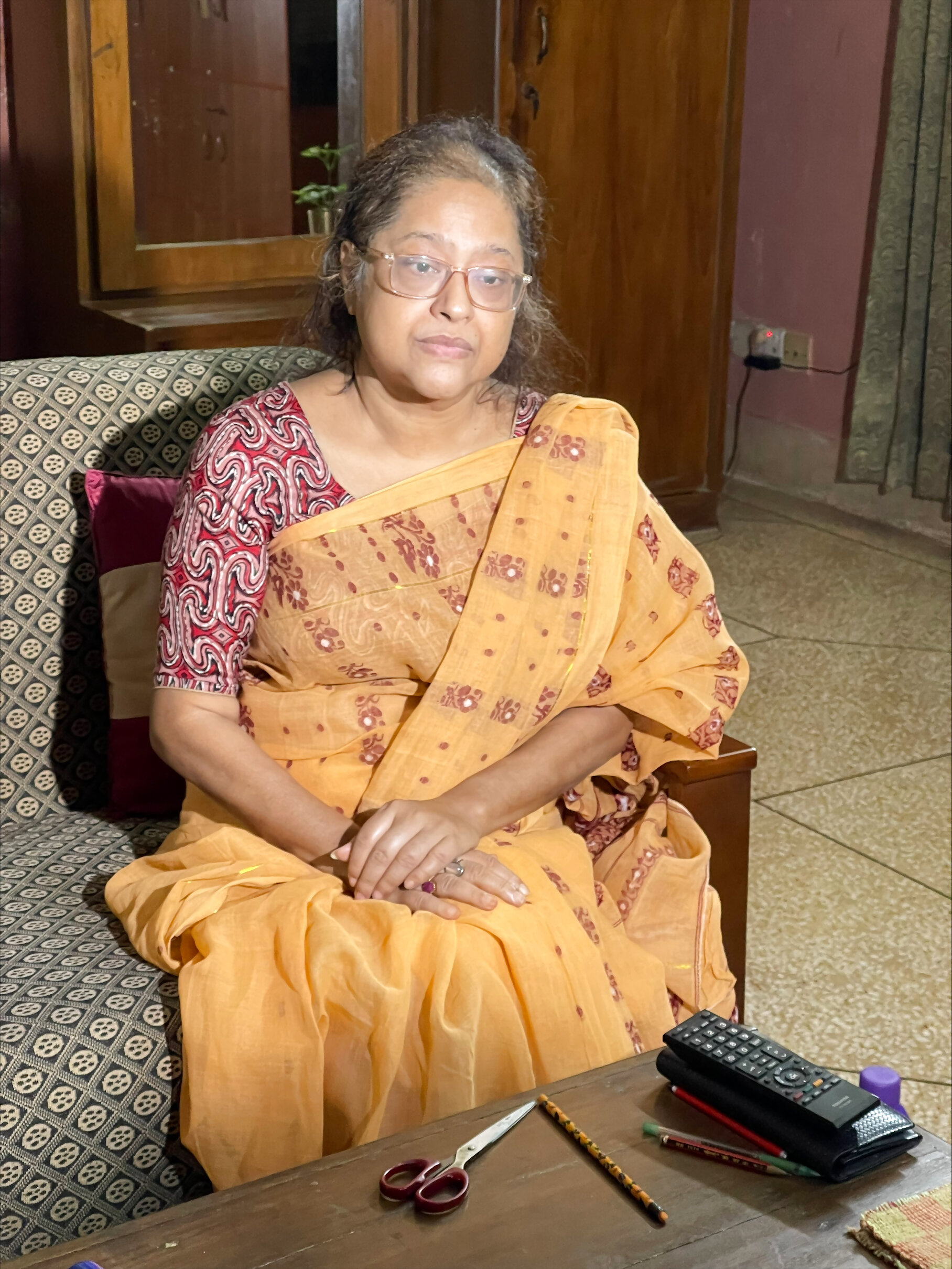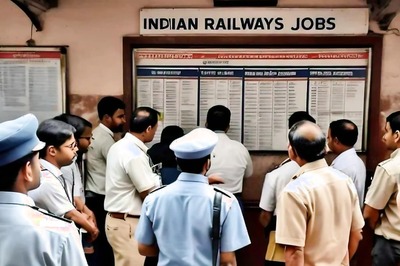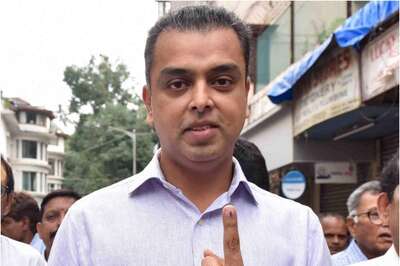
views
Three burly men keep watch on every movement inside and outside the home of Tureen Afroz, an advocate in the Supreme Court of Bangladesh. They are believed to be from the army and providing her protection as discreetly as possible. The reason is an attack on her as the country went into political turmoil following a revolution led by students.
As I walk in before time for an interview with her, Tureen is scared to see me suddenly. Her 16-year-old daughter goes into hiding, reliving that alarming evening when Prime Minister Sheikh Hasina resigned and fled the country. Tureen shows me a pair of scissors once she is reassured of my identity. The tool was wielded by some students who had barged into her house when her hair was chopped off, and she was asked to wear a hijab. “The students seem to be going out of control. They are misguided missiles and I worry for the country. We never faced this before, this radicalisation which I am seeing now, and this from young boys,” she said.

The August revolution is certainly one of the most successful student movements in recent times. Abu Sayed, the young student leader who was the first to organise these protests against Sheikh Hasina as they objected to the reinstatement of a quota system by the PM, was shot dead but his death spiralled into a nationwide campaign, which finally ended the 15-year-long iron grip of the Awami League leader.
Students like Jannatul Arnob, who studies in a Dhaka college, weathered the attacks prompted by the Awami League government. He told News18, “I don’t think our work ends now. We should be on the streets. We must pressurise all governments. But we are not political. Other political parties joined us. We never asked for their help.”
But as pictures of students looting the PM’s house, displaying her personal belongings, and breaking the Bangabandhu Sheikh Mujibur Rahman’s statue went viral, Arnob blamed Sheikh Hasina. So did Fakrul Alam, general secretary of the Bangladesh Nationalist Party. “The students had a mission. They wanted to end her corrupt rule. The statue was a reflection of her rule. We want the students to complete their studies. They can join politics if they want to,” he said.
This is where the problem begins. Having tasted power and success, the students are now divided. Some are unhappy and, as expected, they don’t want to speak openly. They feel the violence on the streets by them and attacks on Hindu homes were not needed. The more belligerent think it was important to teach supporters of Hasina a lesson. And they need not be in government but do want a say. From asking a few Hindu doctors and principals to step down to manning government offices, some are worried about the emboldened student community.
Some compare themselves to the Velvet Revolution against the Czech government, the Tiananmen Square movement, or the youth protests in Thailand. They want to leave their mark on Bangladesh’s history. But at what cost?
















Comments
0 comment